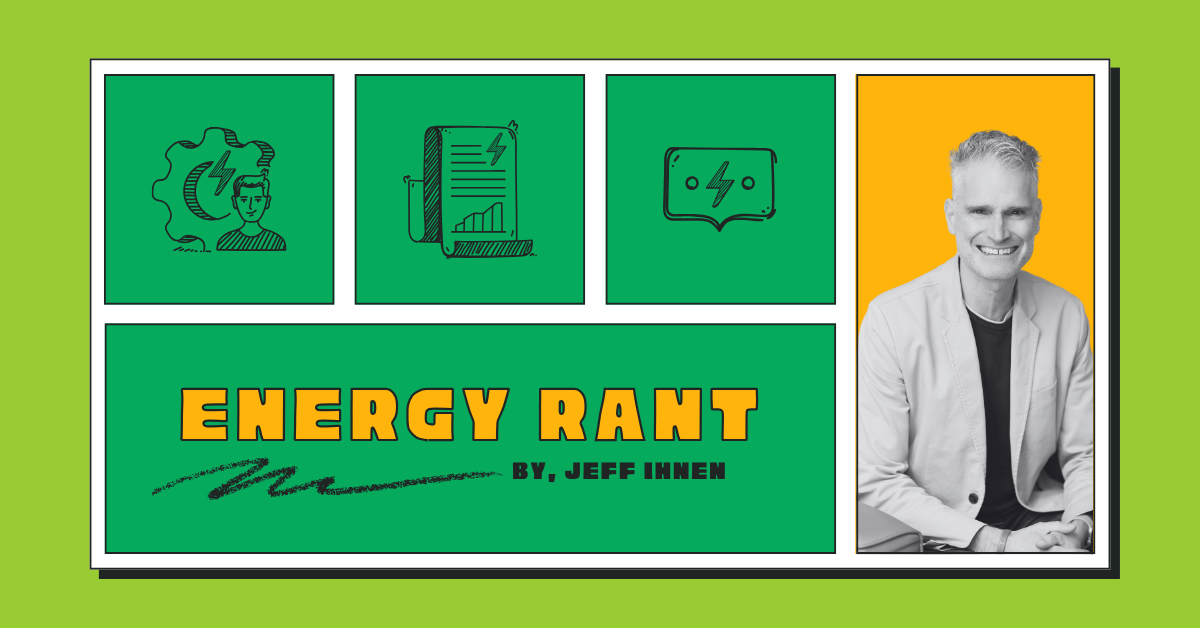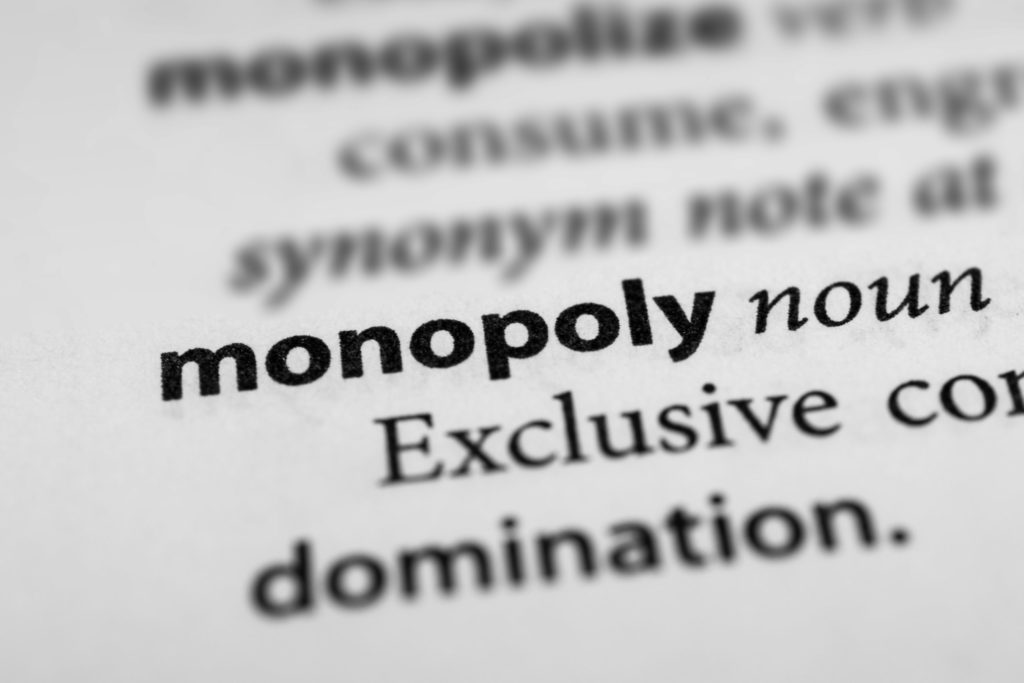
I spent last week at the Grid Evolution Summit[1] presented by the Smart Electric Power Alliance (SEPA) in the Nation’s Capital. The opening speaker, Jeremy Rifkin, has authored 20-some books, the most recent of which is called, “The Zero Marginal Cost Society.” This post is based on a related article you can read yourself, here.
The crux of the book, message, and article is that “investor-based capitalism, which focuses on resources for immediate returns, will inevitably be replaced by a more distributed and streamlined network-based capitalism, alongside a sharing economy governed by a high-tech global commons[2].”
You have heard the phrase, “steal your watch to tell you what time it is.” That is what comes to mind when I read the article. It predicts a future that is already here. Furthermore, the “shared economy” is not shared at all. It is controlled by overlords like Uber, Airbnb, Lyft, and so on.
These are not “shared economies.” They are big, and in many cases huge, companies matching buyer and seller. It just so happens the buyer has two sellers – the service provider and the overlord which facilitates the services and transactions. I love these services, but do not think for a minute this is a “shared economy.” That is a misnomer all day.
The Disrupted
Many services cited in the article that have been disrupted include music, video entertainment, news via radio, TV, and print. A lot of these things have moved to digital delivery over the internet, but is it flatter and decentralized? No.
For instance, I love SiriusXM. Why? Because I can avoid commercials and download shows for when I want them. It COSTS MONEY versus the free terrestrial radio!!!!
We used to get news from thousands of newspapers, radio stations, and local TV. Now, approximately the same number of options are available on the internet. While the market may have gone from local or regional to worldwide, so has the number of competitors. In other words, there may have been a dozen competitors for a million customers back in the day; but now there are 100,000 competitors for a few billion customers. We end up with higher concentrations of power, not less. I will come back to this.
Energy
Mr. Rifkin writes about decentralized energy supply: distributed energy resources. The stolen watch strikes again. By the way, can we ditch the subsidies since “everyone” wants it, and it has zero marginal cost to produce?
Ironically, while at the conference, I learned on a LinkedIn post from a trusted physicist I’ve known for many years that battery storage with solar does not pan for the prosumer. Perhaps if we had an electric grid that wasn’t built on a vertically integrated, centralized distribution system, this would work, with real-time pricing. Note, neither the price to buyers nor the cost to sellers would be zero. The people who pay for generation and storage would charge the highest price possible for the scarce resource.
Efficiency
Rifkin talks about ceilings in “efficiency.” Efficiency is a very, very loosely used word. I learned that as a grad school student in mechanical engineering when I took the Professional Engineering exam[3]. I was accustomed to higher orders of efficiency such as isentropic efficiency. I think I overcomplicated things as I took the exam – but I passed, although I was not happy with my score.
Furthermore, “efficiency” to many non-engineering types means higher output. I learned this in my days talking with large energy users about their facilities and processes.
Simply put, efficiency is the desired output divided by the input; e.g., Btu per hour out of a furnace divided by Btu per hour of natural gas burned. Or, it may be cases of product divided by kilowatt-hours. Technically, it should be unit-less, stated as a percentage, but this is rarely the case. Chaos reigns supreme.
Rifkin states, “traditional economics says you increase productivity by investing more capital and by providing better-performing workers.”
Only the latter half of that statement is rarely true in my experience. The first half has not been accurate for a long time. Improving productivity is all about process improvement, reducing waste, and relieving bottlenecks. Replace equipment when you want to make MORE stuff.
Concentrated, Not Dispersed
The digital (shared) economy results in old-school monopolies, not to be confused with utility monopolies. For instance, last week, before I heard of Mr. Rifkin, I pointed to the inability to avoid Google when doing practically anything online. Rockefeller would never dream of such a market position.
Furthermore, these behemoths, including Facebook, Amazon, Salesforce, and even poor Microsoft, have massive, massive, CONCENTRATED capital investments in their data centers. They are so massive that utilities are dying to land their 20 megawatt, beautifully steady electric loads. They are so huge, they can, and have, thrown energy policy for an entire state. This is not decentralized, flat, distributed capitalism in any shape or form.

To be Continued
I’m not saying these trends are bad or good. I’m simply saying the concentrations of power are moving around. General Electric, an iconic manufacturer, was just replaced by Walgreens on the Dow Industrials. The technologies that enable the shared economy have anything but zero marginal cost. The cost is a razor-thin slice below that, which is needed for competitors to enter their monopoly market. End of story, for now.
[1] Great conference!
[2] https://michaelsenergy.com/stage-4-climate-change/
[3] It’s called something else, but you know what I mean.
